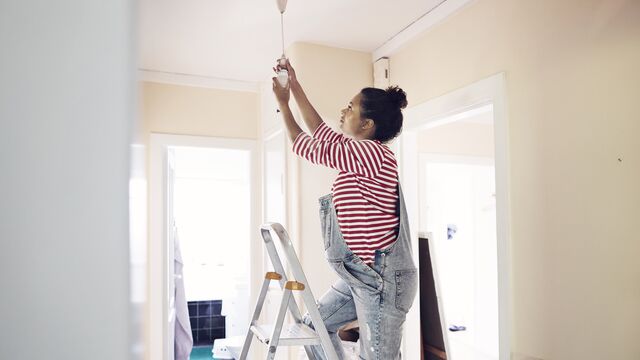“When you’re buying a detached house, it’s good to keep in mind that you won’t have a property manager or a maintenance company to rely on if you have issues with the property. As the buyer, you are solely responsible for the maintenance of your house. Although old houses generally need more renovations than newer ones, you won’t be able to avoid repairs in a new house, either, down the line. If you live in the same home for 30 years, you’ll eventually end up having to upgrade it.
You should budget for improvements and repairs before you buy a home because replacing roofs or windows or upgrading the exterior are all major renovations. It’s good to be aware of the type of renovation needs you’ll be faced with in the future.
And since the home is used as collateral for your home loan, your bank also expects you to take care of routine maintenance to ensure your property remains in good condition. If your house is in need of repairs, you should provide your bank with a realistic calculation of your renovation budget.”
.svg)



